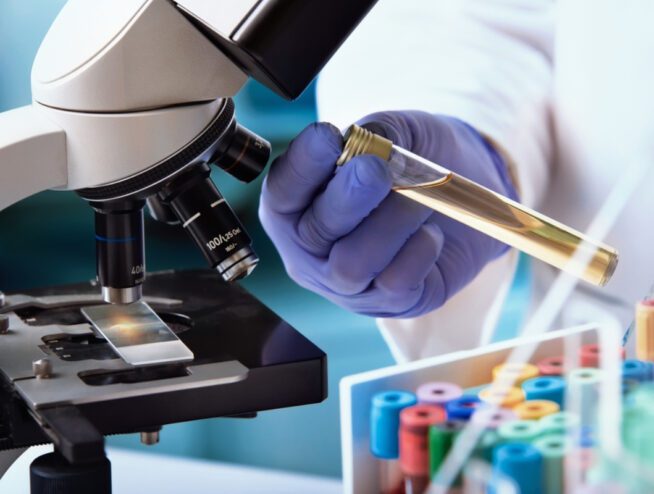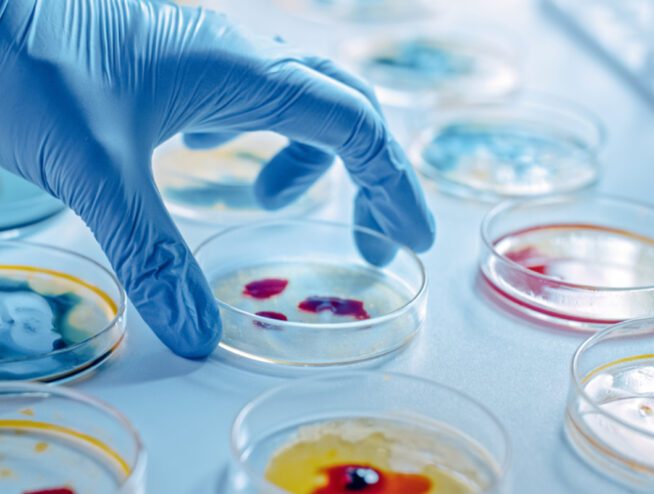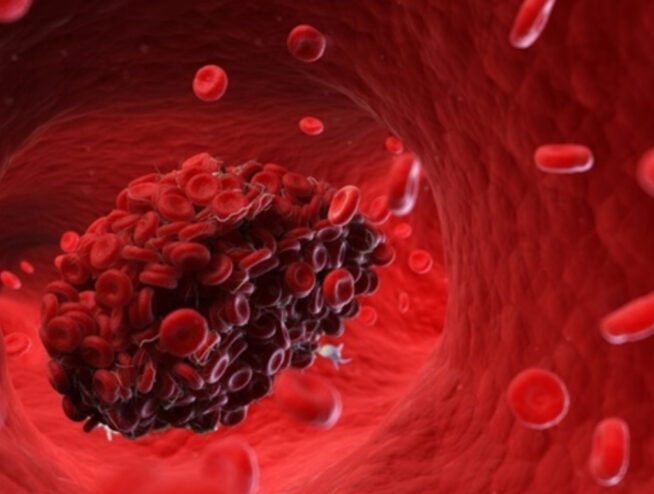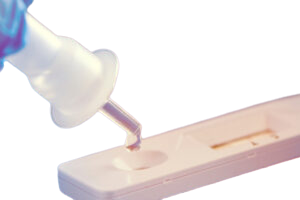Serology is the scientific study of blood serum and other bodily fluids to detect the presence of antibodies, which can indicate the presence of infectious diseases or autoimmune disorders, and for blood typing and compatibility testing.
Clinical microbiology is the study of microorganisms that cause infectious diseases, and their diagnosis, treatment, and prevention. It involves the identification and characterization of bacteria, viruses, fungi, and parasites in clinical specimens.
Coagulation is the process by which blood forms clots to prevent bleeding. In laboratory medicine, coagulation testing measures the ability of blood to clot and is used to diagnose and monitor bleeding disorders and monitor anticoagulant therapy.
Rapid tests are diagnostic laboratory tests that provide quick and efficient results, typically within minutes to a few hours, without requiring specialized equipment or extensive sample preparation. They are commonly used for point-of-care testing and screening.




